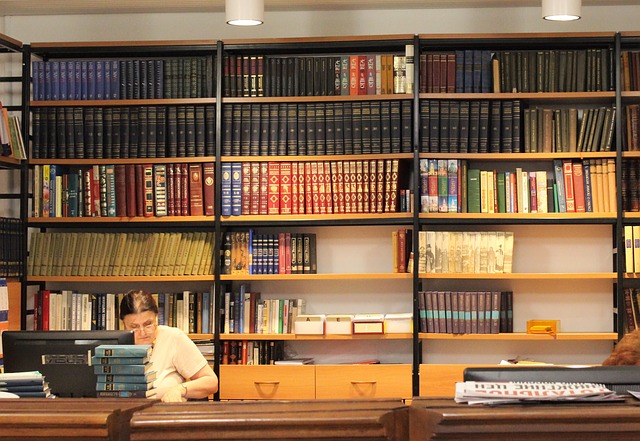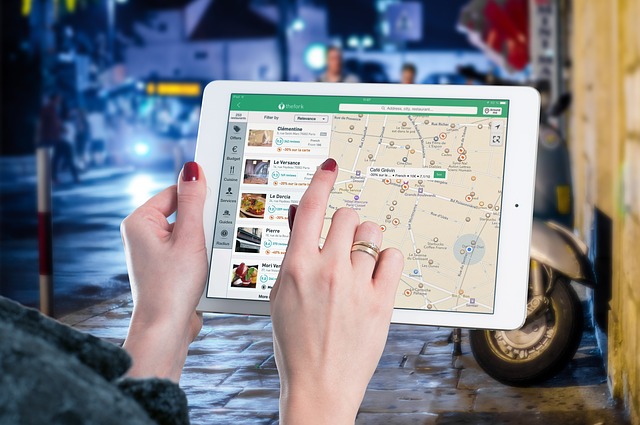Communication, Communication, Communication for Europe
Communication, Communication, Communication!
Have you heard the ‘saying’ that the ‘English’ or should we say British use to describe the main requirement for success in the property investment world? It’s of course ‘Location, Location, Location’.
I would like to put it to you that probably the main requirement for further global peace, further and faster success of the human race and general ‘well being’ is similar: Communication, Communication, Communication!
When we started to think about a unified Europe, we tried to tackle this issue by suggesting that everyone should speak a new ‘European’ language called ‘Espéranto’. If I am right, Esperanto was constructed and designed in the late nineteenth century by Ludwik Zamenhof Lejzer, in order to facilitate communication between people of different languages, in other words, the ‘Human Race’. Zamenhof published his project in 1887 under the name of Lingvo Internacia (International Language), under the pseudonym Doktoro Esperanto (Doctor of hope), hence the name under which the language was ‘popularised’ later.
Based on a new and regular grammatical structure (strictly applied and without exception), Esperanto is ‘generally’ a language where words are formed from a limited number of lexical roots and affixes. It was believed, at the time that these features would facilitate learning. To my mind this was the first and fatal mistake in what was otherwise a wonderful vision. I believe I am right in saying that no other language has grown from the somewhat mathematical requirement of a new grammatical structure. In fact quite the contrary, most languages are spoken first and only subsequently are they written, which by nature requires the introduction of the more rigid grammatical structure.
My understanding is that Esperanto was the only constructed language that actually passed the stage of a project to become a living language, with active speakers distributed and spread amongst most countries of the world. I believe that here again was a fatal mistake, language should grow from the natural desire and need for us human beings to communicate, it cannot be constructed; it simply develops. When we are babies, we do not know anything about grammar yet we quite quickly learn to communicate, just as we learn to run or walk, merely in order to ‘survive’. So if this is true, why do we need grammar? To my knowledge only one country has recognised this fact and that is the UK (United Kingdom). Grammar stopped being obligatory in schools back in the 70-s I believe
Have you ever felt frustrated when trying to learn language tenses, especially when you can't remember all of the rules? Well we should not be concerned with this as there is a natural way to learn without the need to know about grammar and tenses.
When you learn, say English, as a second language, one of the processes you have to go though is how to use tenses correctly. For example if you want to tell your friends about what you did yesterday you have to use past tense, or when you talk about something that you are going to do tomorrow you need the future tense. Of course there are lots more complicated tenses to learn like past perfect simple, future simple and so on and so on!
Personally, I have found that learning tenses is very frustrating and it almost made me want to stop learning because we don't have to have these complicated tenses in language to be able to communicate. I am sure that there are ways to make learning languages with their grammar and tenses, etc, etc, more enjoyable, more natural and more fun!
For example watching ‘say an English speaking’ movies is a great way to learn tenses while having fun at the same time. These days when you watch a DVD, for example, you can often turn the English subtitles on. This way you hear the conversation while reading the sentences. When you do this you see all the tenses that are currently used so that you know when and how to use them.
Reading something in the language you are learning also helps you to learn the tenses and grammar. You start by reading something easy like a magazine or a comic book, just as we read simple children’s books when we were kids. You start with something very short such as the headline of a magazine or a web-site.
For example if we read an article entitled "8 Things We Learned from Last Night's Episode of Pretty Little Liars" we can see that it used the past tense "learned" because the article is about something that has already happened and is in the past. I believe we should only learn how to use tenses this way and for this purpose also.
Listening to a favourite song is another great way to learn a language and this tells us that a new or, better still, an adopted language should have great melody such as English does (Don’t forget the simple language used by the Beatles for example). When one listens to songs one should obtain the lyrics and read them whilst listening. If you learn how to use all the different tenses there are in songs we are sure to learn faster.
At this stage, you can write the lyrics down then look for all the tenses and grammar afterwards in order to improve and perfect the language you are learning. Perhaps you can, highlight them, then listen to the song again and try to understand why such tenses are being used. However these are the ‘advanced’ stages of learning which are not needed in the beginning, in order to be able to communicate. We must not be intimidated by the need to learn something complicated, we must simply learn by speaking and practice. If we try to create a new language we only create new problems or issues to be discussed and decided upon, in other words we get drowned in red tape before we can really start.
Learning tenses and grammar in this way is less difficult because you actually enjoy yourself while learning (part of the savoir vivre). I believe that a common language should be part of our culture and being because it is also the only path to global peace, communication and understanding of one and other. This is not at all to say that we can nor should give up our own languages, whether it is French, Luxembourgish or Double Dutch, if we do this we lose our culture which is vital and precious to us as individuals and jointly as nations or whatever other social group we may belong to. On the other hand, we are the only ones that block our own way, sometimes we try to satisfy too many people at once. Do we lack the good leaders that must understand the huge importance of common, global communication and have the courage and vision to put it before everything else. That’s to say before anything to do with money, greed and profit whether it is a big lobbing petrol company or the guns commission or anther party contributing pharmaceutical company or individual etc., etc. It is our children’s future that is at stake, much more important than any political party.
We can do this in Europe, in order to demonstrate to the world - Yes We Can. We just have to get over the failure of the Esperanto project and adopt a common and popular language such as English. That’s to say not American nor Canadian nor Australian English but a new worldwide English language which develops and evolves on its own according to our usage, our communication needs and requirements. It is then this new English that must be documented, regularly updated and taught as the second obligatory language in all schools across Europe. I believe this is the only way we can speed up what is actually happening anyway through the internet, through business and international communication. Let’s stop wasting a fortune on entire administrations needed to interpret and to translate from one language to another amongst the 27 or 28 states of Europe. In my view we cannot afford to do otherwise and to continue to miss out on this opportunity to achieve lasting peace, understanding, innovation and progress amongst the global population. I also believe, as much as I love French, for example that English is the only language ready and available to everyone to be used for this purpose. Why - because no one has set up an expensive administration to control it, the language just evolves as it should, naturally. So let’s move now, quickly and decisively towards the common ultimate goal, it’s quite simple – better, open and honest communication to build trust between all nations, each and every one of us.





























Clive Munn FEM
Linguists now believe that within 3 years i.e. before 2020 automatic translation will have improved to the point where it is no longer absolutely necessary to adopt a universal language. We will follow this and hope to be able to allow people to blog in their own language even receiving back a translated version of comments. Then perhaps European use of the internet will reach the levels of the US with improved security and control of our identity!
reply